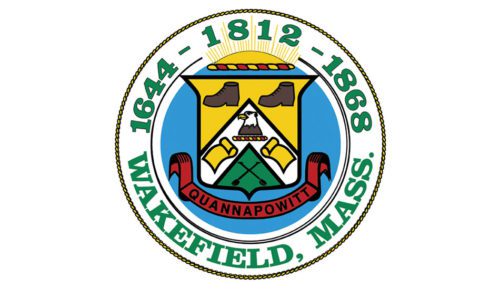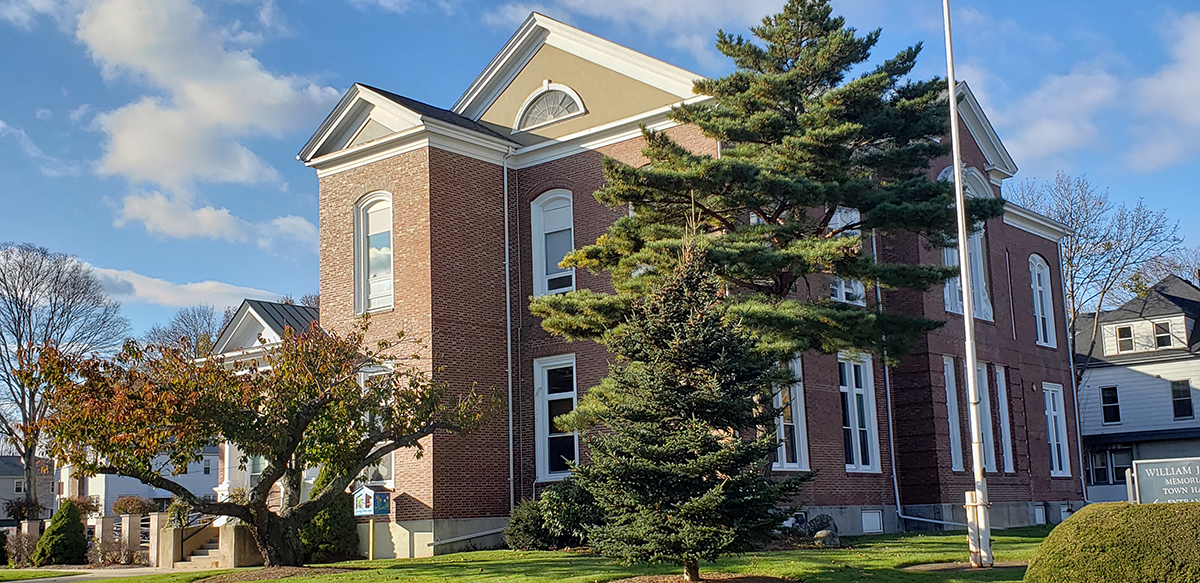 By MARK SARDELLA
By MARK SARDELLA
WAKEFIELD — Three of the town’s major boards held their annual pre-budget season “Tri-Board” meeting last week. The Town Council, the School Committee and the Finance Committee meet in joint session each October to discuss town finances and budgeting strategies for the next fiscal year.
Following opening remarks by Town Council chairman Michael McLane, School Committee chairman Stephen Ingalls and Finance Committee chairman James Sullivan, FinCom member Daniel Sherman reviewed the town’s financial position and the status of the towns various accounts.
Sherman noted that the town took in about $11 million last year in local receipts (revenue from sources other than property taxes and state aid). State aid came in at about $14 million.
There is about $3.4 million in the Stabilization fund, Sherman said, and about $12 million in Free Cash. The Debt Service Fund (used for capital projects) has a balance of about $1 million, Sherman noted.
Sherman said that there’s about $1.2 million in the Overlay Account, which is used to pay taxpayers who qualify for abatements.
Sullivan then reviewed the town’s budgetary process and timeline leading up to the Annual Town Meeting in the spring.
Town Administrator Stephen P. Maio talked about the fall Regular Town Meeting, which is used to balance the current fiscal years’s budget. He said that this year, the town will use about $3.8 million from the Free Cash account to balance the budget. Free Cash consists of unspent monies returned from departments in previous years.
Maio said that three months into the current fiscal year, local receipts “look very good.”
School Superintendent Douglas Lyons talked about the School Department’s budget and finances. He noted that the school budget has been growing at a rate of about 5 percent a year, He talked about grants that are used to supplement the school budget and noted that some state education grants are now contingent upon a town’s compliance with the new MBTA Multifamily Housing law under Chapter 40A, Section 3A.
Lyons reported that the School Department has been having a hard time filling some positions, especially in the area of special education, food service and traffic supervisors.
Looking at enrollment and space needs, Lyons said that the Doyle Early Childhood Center is “busting at the seams” and 60 families has to be turned away this year. He said that kindergarten enrollment is also up.
He said that the number of non-English speaking students in the schools has reached about 130 (up from about 20 a decade ago).
He said that meals provided by the Food service Department has increased by about 30 percent with no increase in staffing.
Lyons reported that the new high school project is on time and on budget.
Maio talked about anticipated increases in health insurance costs coming in FY 2026. The cost of trash collection and recycling is also going up, he said.
He added that while state aid has been steadily increasing at a rate of 4 percent a year, the town needs more. Local receipts and new growth have been steady, he noted.
Sherman displayed a slide showing projected town income and expenditures for the next 10 years, showing a roughly 4 percent increase in both columns each year.
Town Councilor Edward Dombroski commented that the town has “fallen into a rut of doing the same thing every year.” Instead of assuming that budgets will increase every year, he proposed adopting “zero-based budgeting.”
He pointed to the tax impact of major projects like the new high school as well as looming needs like upgrading the Greenwood School and increasing the pupil capacity at the Doyle Early Childhood Center.
“The burden on taxpayers is already great and will only get greater,” he said. “Unless we change our approach we are going to have problems.”
He insisted that each town department should be creative and find ways to be more efficient. Every department should be forced to justify every expenditure, he said.





